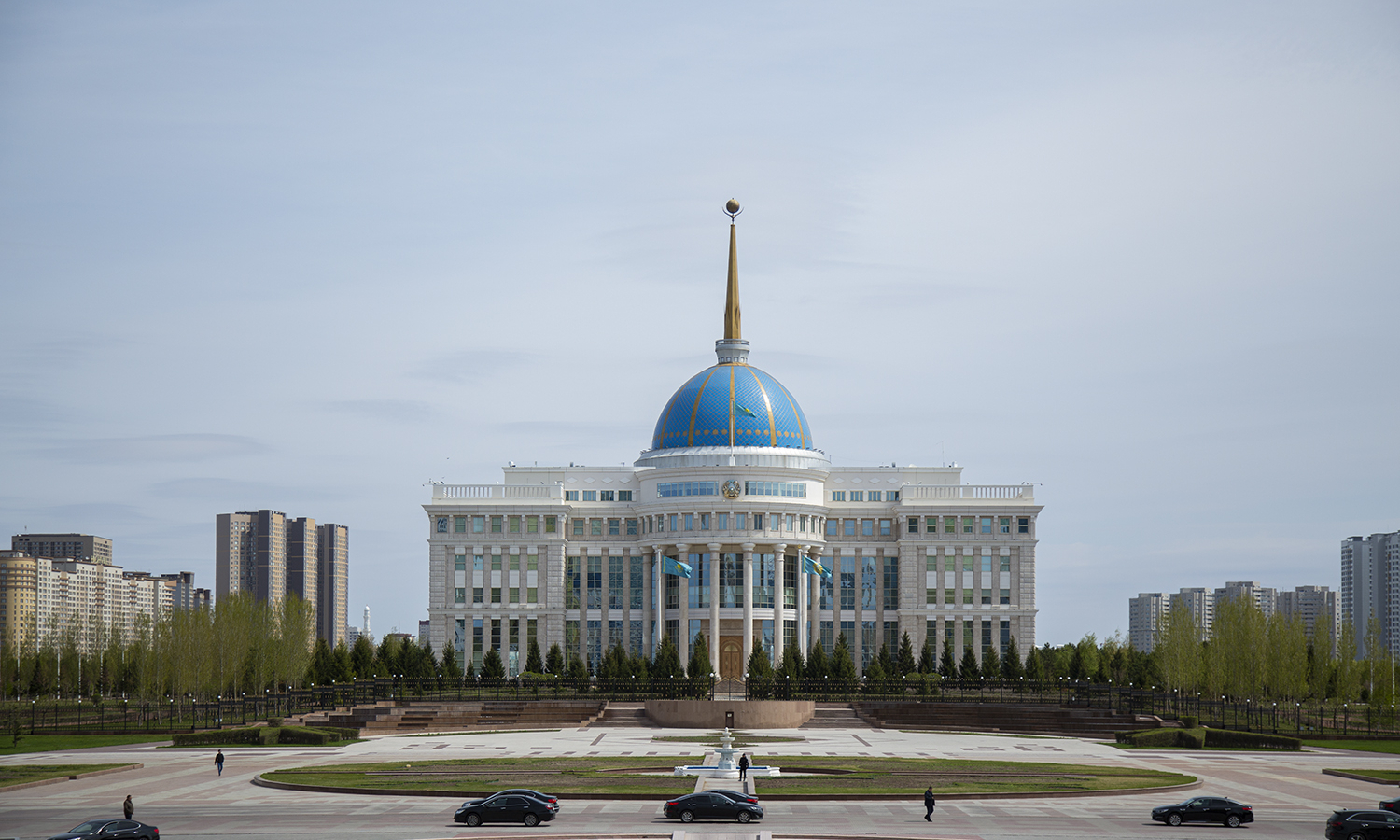Deputies in Kazakhstan’s parliament argued that the amendments to the Constitution introducing a single, seven-year term for the presidency are a step towards democratization. But the adoption of the amendments failed to include any public discussion. Citizens could only be spectators of a power transit course that has dragged on since the era of former President Nursultan Nazarbayev.
On September 16, lower chamber and senate members assembled in a joint session to approve the proposed amendments to the Constitution regarding the presidential term. President Kassym-Jomart Tokayev had already spoken about the need for such reforms in his address to the nation on September 1.
Parliament members then proposed to speed up the adoption process ahead of the upcoming presidential elections. The final document was swiftly signed by Tokayev and came into force.
Fastly adopting momentous decisions is commonplace for Kazakhstan’s parliament, especially when this comes at the president’s request. The same happened with previous constitutional amendments and in connection to other laws.
According to Tokayev, the current changes should hinder the creation of a power monopoly for the next presidents. But isn’t this dynamic just a continuation of said monopoly? Let’s compare this situation with the process of changing the law on political parties.
First, after the presidential elections in 2019 and the protests that ensued, Tokayev demanded the requirements for the registration of political parties to be eased. The number of signatures required to register was slashed in half to 20,000, yet other parties still failed to register. In March 2022, during the first address to the nation after the January events, Tokayev announced that the signature threshold would be further shrunk to 5,000.
Organizations that wanted to register as parties waited for the adoption of the latest requirements, but the parliament postponed the conversation for six months. At the same time, the decision about the presidential term was initiated and approved within a couple of weeks and just three months after Kazakhstanis were called to vote on constitutional changes through a referendum. And the political movements that still tried to register have so far failed.
The promised demonopolization of the political field is nothing more than a ploy to stretch out the power transit, rubber-stamped by a parliament under check and curated by the ruling elites.
Instead of a real demonopolization, Kazakhstanis are forced again to accept the gospel of a power transit, which is really just the consolidation of the pre-existing order. And this is exactly what the citizens stood up against during the January events.
Поддержите журналистику, которой доверяют.








